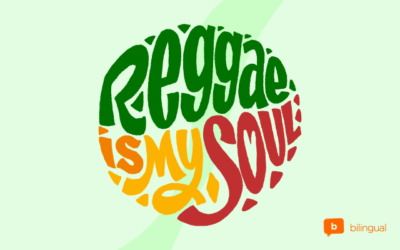Translation and interpretation: what are they?
First thing’s first

Translator and interpretor

Academy
Also take a look at this blog: Tips to Meet People who Speak other Languages

Juanita Gallego
Digital Content Creator
Learn and practice languages with Bilingua
Learn with our Spanish course and practice any language by downloading Bilingual from App Store or Google Play.

Get connected and inspired with more of our blogs
Cultural exchanges: advantages and disadvantages
A lot of students decide to complement their studies with an exchange, therefore if you are thinking about doing a cultural exchange, this entrance will be a great help for you. Here you’ll find some advantages and disadvantages to make this type of exchange.
The cultural influence of reggae music in the worldwide
Reggae music was popularized in different parts of the world thanks for its main musical exponent Bob Marley who promoted the Rastafarian love and peace from Jamaica culture through his songs. It has generated the acceptance and recognition of that culture in the worldwide.
How to Study and Work at the Same Time and not to Fail in the Attempt
When university studies are carried out, not everyone have the fortune to dedicate themselves totally to them. Since in some way, many people must contribute in their homes to cover certain economic expenses that studying implies; therefore, it is important to study and work at the same time.





